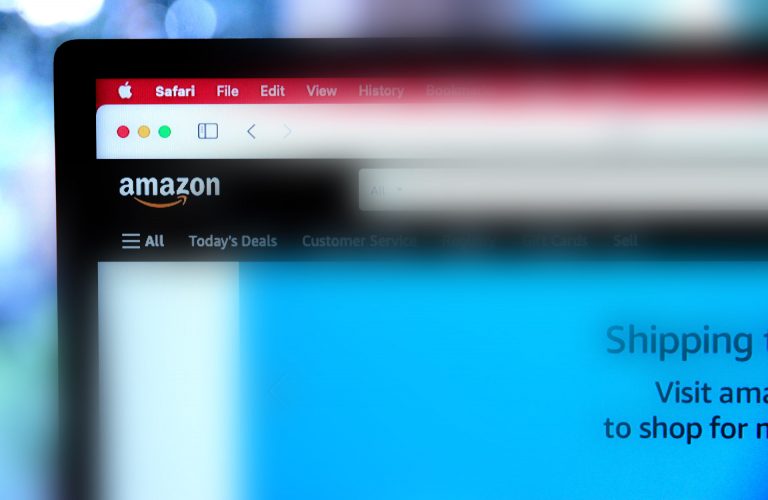Any entity knowingly buying, registering, or otherwise using a domain name confusingly like another’s name or trademark is probably a cybersquatter. In most cases, it’s all about the money; though sometimes it can be about harassment too. Either way, it can hurt the growth of your endeavor, so it’s useful to know how to deal with a cybersquatter.
Recognizing It for What It Is
If you attempt to buy a website domain only to find it has already been purchased, this could mean you are dealing with a squatter or it could be a simple coincidence. Perhaps the holder has plans for a future business with the same name. However, if you follow the domain to find a site stating, “this domain name for sale,” or “under construction,” or “can’t find server,” you probably are. The only way to know for sure is to contact the owner of the name to find out what their endgame really is.
Smart First Steps
Looking up a name’s registrant using a site like WHOIS will usually get you their contact information. Check with them to find out what their deal is. In most cases, they’ll offer to sell it to you. If the price is reasonable, the fastest thing to do is pay it and get on with your life. If it isn’t reasonable, or if you hold the trademark for the name, you’ll probably need to escalate the matter to a higher authority.
Before you do that though, have an attorney draw up a cease and desist letter and send it. They might cave. But, if they don’t, you can sue.
Legal Remedies
If they’re sitting on your trademark, you can bring suit under the Anticybersquatting Consumer Protection Act (ACPA) of 1999.
According to the language of the Act, its purpose is to provide an avenue for a trademark holder to sue anyone who “with a bad faith intent to profit from the goodwill of another’s trademark, registers, traffics in, or uses a domain name that is identical to, or confusingly similar to, a distinctive mark, or dilutive of a famous mark, without regard to the goods or services of the parties.” In other words, if they snatched your handle just to get paid, you got a shot at bringing them down.
Then again, you do have to be able to prove:
-
It was all about holding you hostage.
-
Your trademark was in effect when the name was purchased.
-
The registered name is identical or way too similar to your trademarked property.
If you win, they could be on the hook for up to $100,000 in fines.
Another option is to pursue relief through Internet Corporation of Assigned Names and Numbers (ICANN) arbitration. This can be faster and less expensive, although you’ll forego the potential for the awarding of monetary damages.
Ask Before You Accuse
These are your best options when it comes to how to deal with a cybersquatter. However, before you pull out your big guns and start blazing away, always try to contact the person holding the name first. It could be an innocent mistake. In other words, it’s always a good idea to ask before you accuse.










